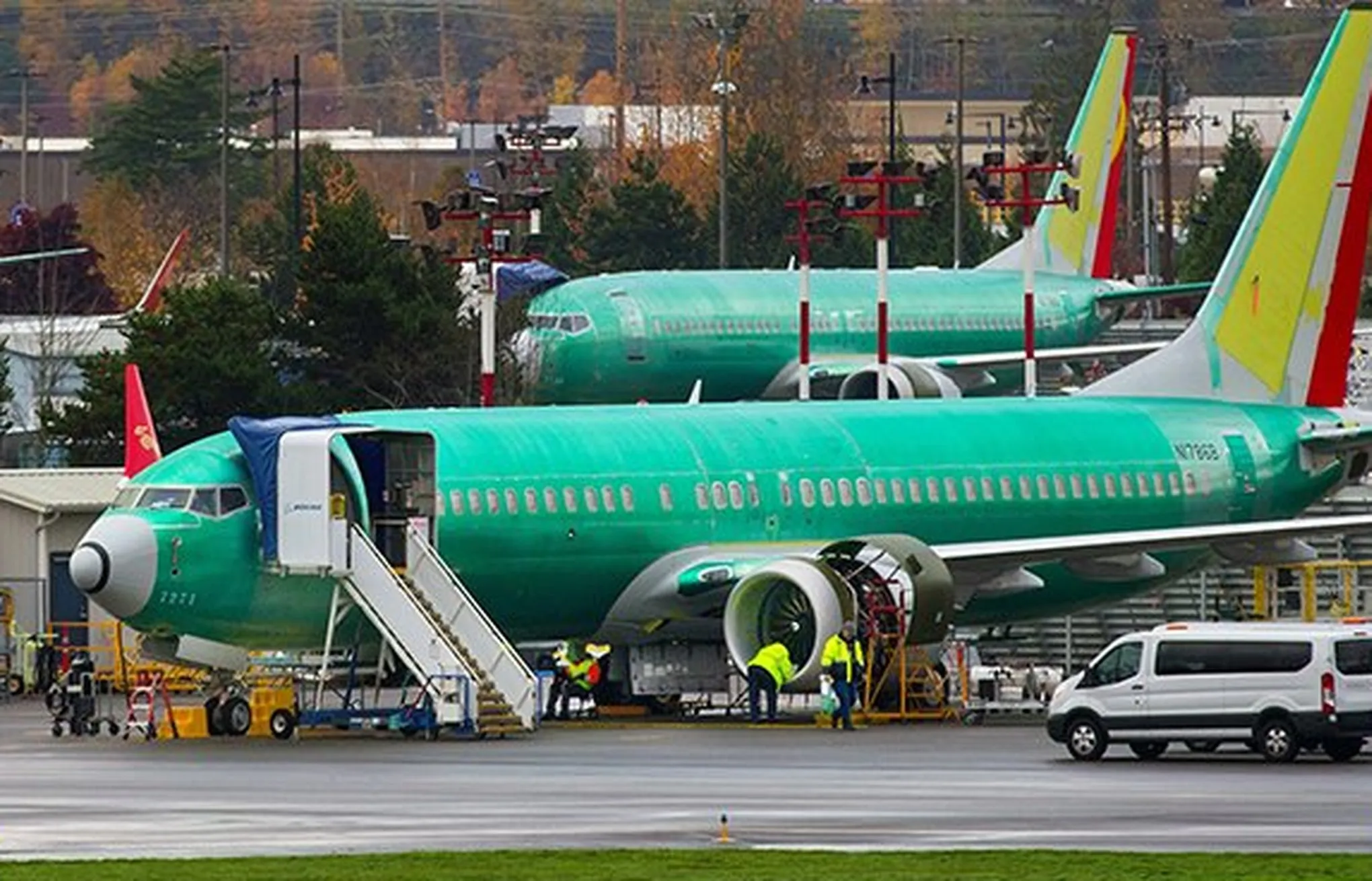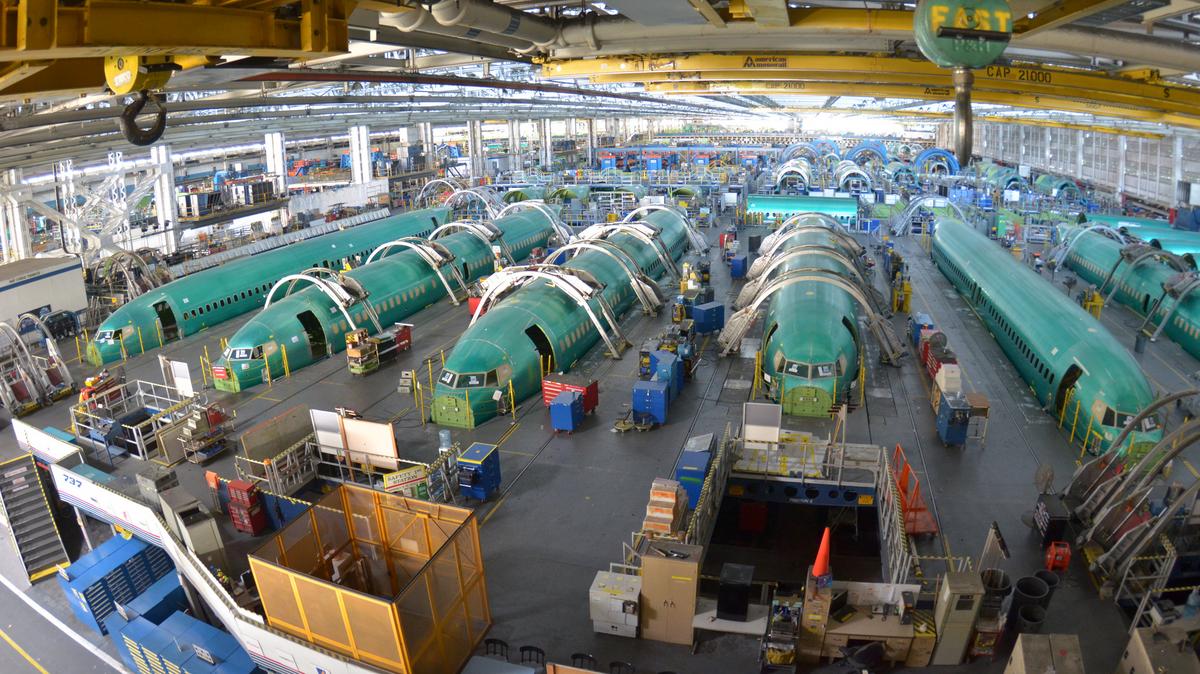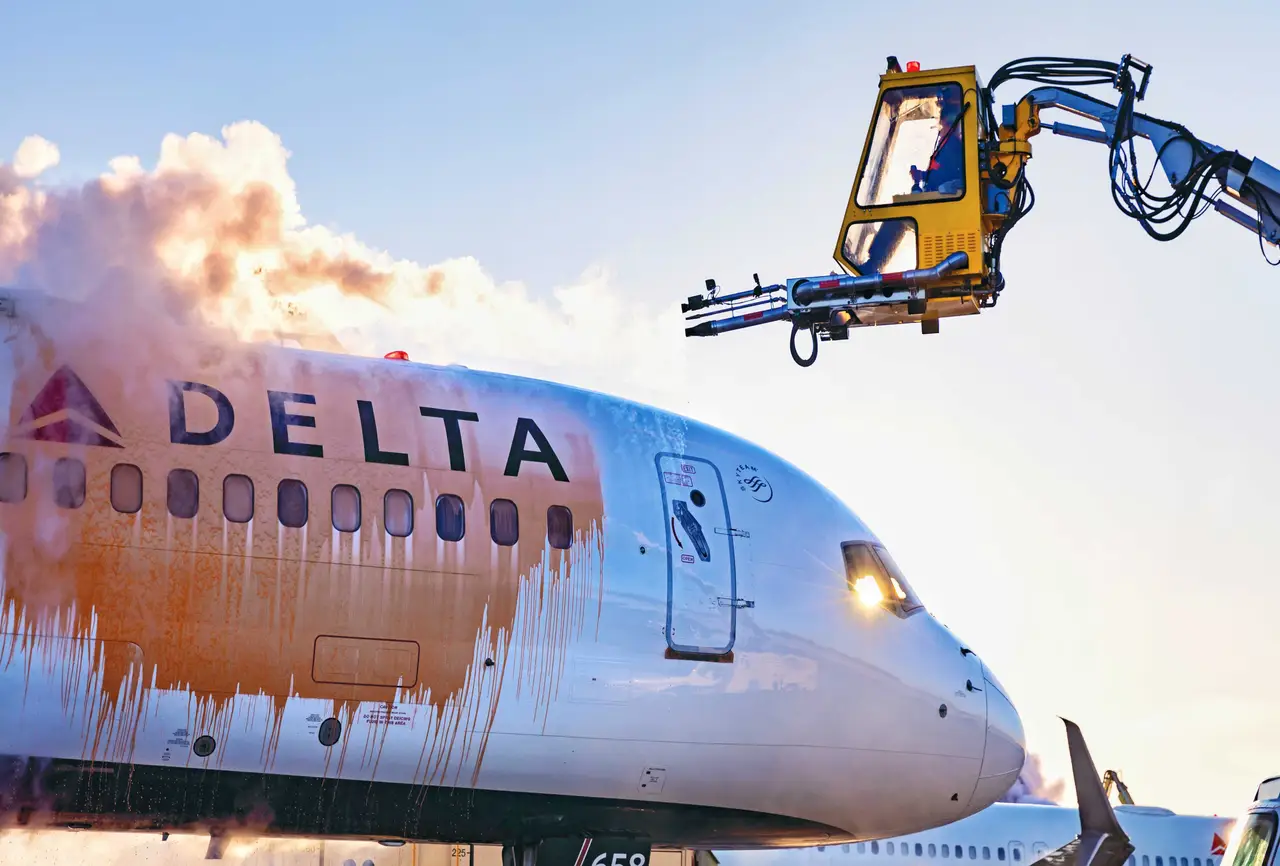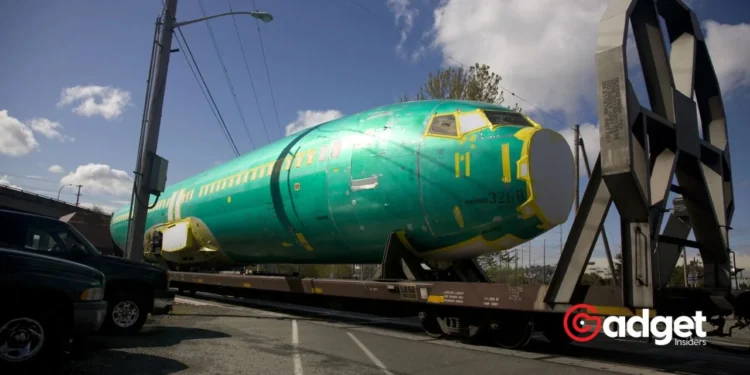In the world of aerospace engineering, where precision and reliability are paramount, the recent revelations about Spirit AeroSystems’ unconventional methods for maintaining Boeing aircraft have sparked both controversy and curiosity. A report from The New York Times has shed light on some rather unorthodox practices involving everyday items like Dawn dish soap and hotel key cards in the maintenance of airplane door seals.
Spirit AeroSystems, a key supplier for Boeing, has been experimenting with various household products such as lubricants for airplane door seals. After testing options like Vaseline, cornstarch, and talcum powder, the engineering team settled on Dawn dish soap.
This choice was not made lightly; as Spirit spokesperson Joe Buccino explained, the soap did not cause the door seals to degrade over time, marking it as the optimal solution.
The use of a hotel key card, a tool you might find in any traveler’s pocket rather than a mechanic’s toolbox, has been ingeniously repurposed to check the alignment and fit of door seals—a technique that has been officially documented and approved under FAA standards as a legitimate tool for this purpose.

Boeing: Behind the Scenes of Aerospace Innovation
The technique taken by Spirit AeroSystems may cause some people to raise their eyebrows, but it does bring attention to a more general theme in aerospace engineering: innovation and the solution of practical problems.
When people see the hotel key card or Dawn soap, they think that this is a messy way of doing things. Taking this technique to find a solution for an effective shop aid is really inventive.
The New York Times was informed by Buccino. Sean Black, the chief technology officer of the company, also made a comment about the inventiveness of the team. He mentioned that such inventions are commonplace at Spirit and are intended to improve productivity without compromising safety.
The FAA audit that brought these practices to light is part of a larger investigation into Boeing following an incident where a door plug on an Alaska Airlines flight blew out midair. This event has put Boeing under intense scrutiny, highlighting the need for impeccable quality control in all aspects of aerospace manufacturing.

Regulatory and Industry Responses
The use of unconventional tools such as Dawn soap and hotel key cards has been officially approved by Boeing, affirming that these methods meet the rigorous standards required in aircraft maintenance.
However, this situation also underscores the ongoing debate over regulatory oversight and the adequacy of current standards in ensuring safety.
A Boeing supplier says it tried using Vaseline, cornstarch, and talcum powder to lubricate a door seal before settling on Dawn dish soap: NYT https://t.co/FoQ8kWxgLV
— Insider (@thisisinsider) April 12, 2024
In response to these and other quality concerns, the head of the National Transportation Safety Board (NTSB), Jennifer Homendy, expressed a proactive stance in a recent Senate hearing.
She mentioned the possibility of surveying every Boeing employee to gauge the company’s safety culture, emphasizing the commitment to understanding and rectifying any potential issues.
I don’t think there’s anyone at Boeing, from Dave Calhoun down, who doesn’t want to know what happened. They want to know, and they want to fix it, and we’re there to help, Homendy stated.

A Fine Line Between Innovation and Standardization
The story of Spirit AeroSystems’ use of everyday items in aircraft maintenance is a testament to the ingenuity inherent in engineering. Yet, it also highlights the challenges of maintaining consistent safety standards in an industry where innovation is rapid and relentless.
As the aerospace sector continues to evolve, the balance between innovative problem-solving and adherence to established safety protocols remains a critical narrative in the journey toward safer skies.










